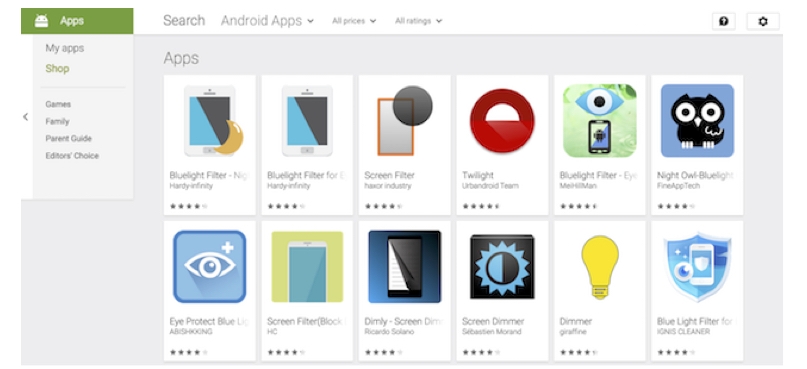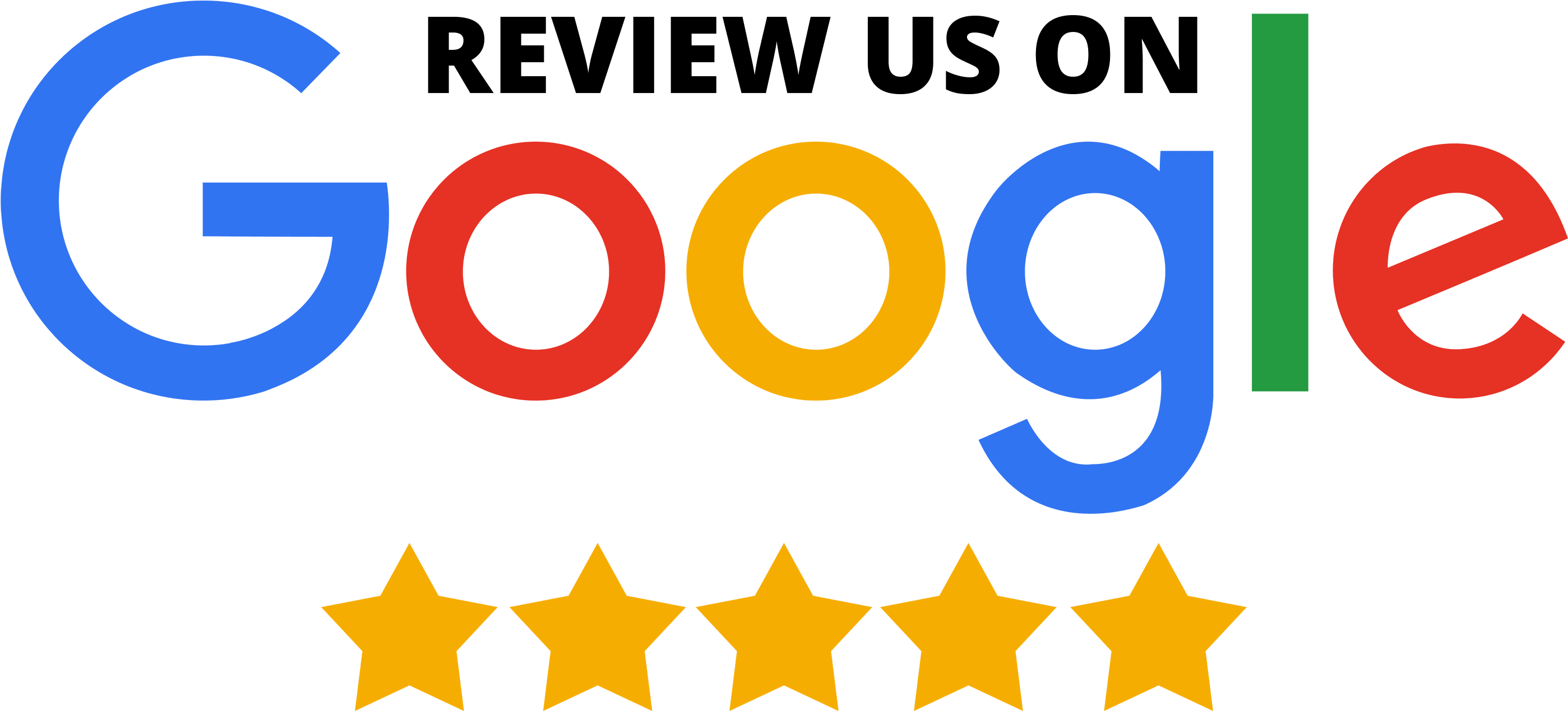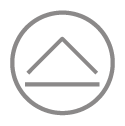Blue Light Filters Are Good For Your Health
Posted by: Pepose Vision Institute in Interesting Info on January 18, 2016
Recent studies show that blue light emitted from our devices and monitors are harmful to our health. Excessive blue light can damage our retina and macula and may speed up nearsightedness and cataract formation. They may also be linked to increase obesity and increased risk of diabetes. The latest information is pointing toward blue light disrupting our normal sleep cycle. Excessive use of smart phones and other devices before bed can cause restless nights because their blue light causes melatonin suppression, a hormone which controls the body’s clock and regulates our sleep / wake cycles.
What is blue light? Blue light is a part of our visible light spectrum. It has a very short wavelength and produces a higher amount of energy. This blue light is emitted from every device we use, phones, tablets, computers and TVs. This affects our melatonin production and throws off our circadian rhythm which is usually set by the sun. The over use of devices and use later in the day trick our brain into thinking it’s still day time and doesn’t let our body prepare for sleep. Scientists at Penn State and Harvard University recently found that those who regularly use devices before bed do not sleep as long. They take nearly ten minutes longer to fall asleep after using their devices, compared with those reading a printed book, and their quality of sleep is far worse.
So what do we do about this? There are a lot of great apps and settings you can use to reduce the harmful blue light. In fact Apple will unveil “Night Shift” which is one of the new features in iOS 9.3 coming out soon. Twilight and f.lux are two of the most popular blue light filter programs used today. Below are a few apps available for phones and computers.

They all basically work the same way by reducing the blue light emitted by our devices. They progressively reduce the color temperature of the display (making it redder) and dim the screen until your chosen levels of color and brightness are reached. This gradual change means that you barely even notice it happening. At first whites are no more than slightly off-white, but by the time you’re in bed the effect will be in full force. The reddening effect of blue light filtering app is a little strange at first, but in my experience it’s fairly easy to get used to. Reducing blue light may be one of the easiest ways to improve our health long term. None of us want to give up on our gadgets in the evening, and by taking care of their adverse side effects we won’t have to.



